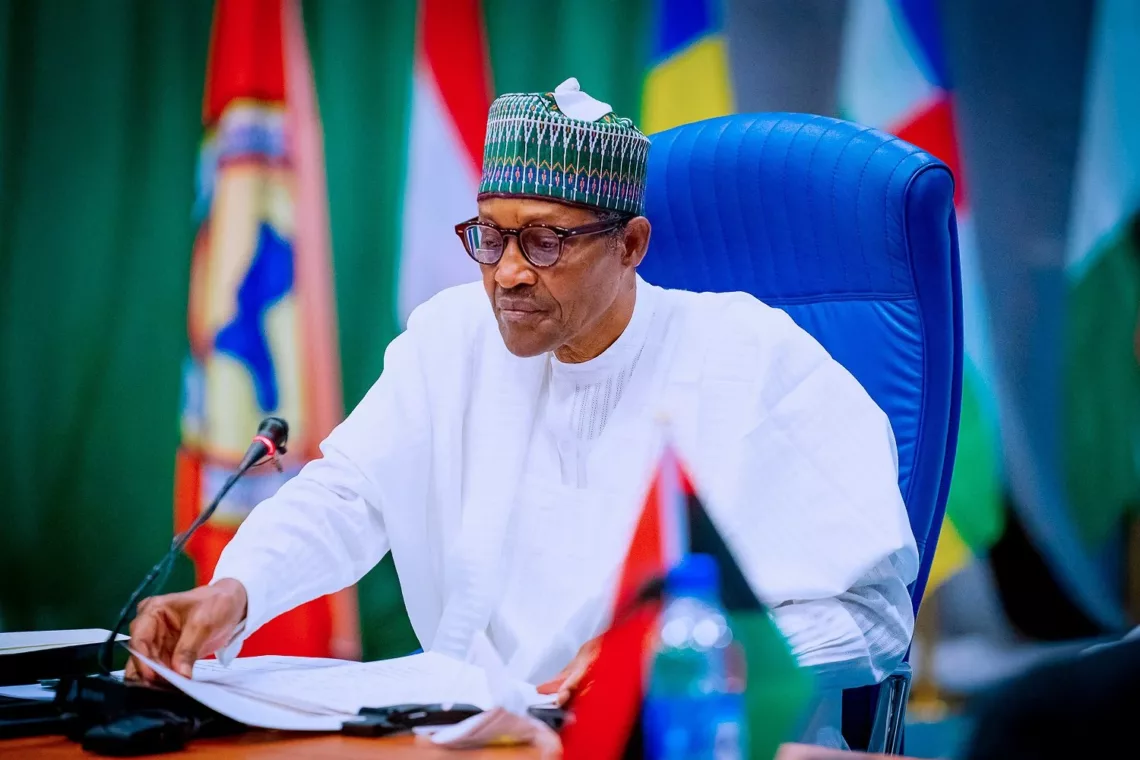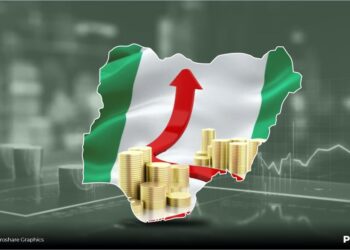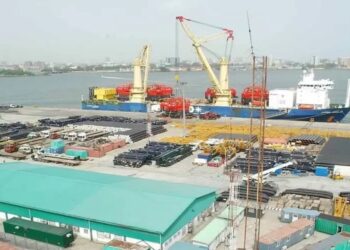The history of the privatised power sector in Nigeria will never be fully told without mentioning the name of His Excellency, President Muhammadu Buhari (PMB). In the same manner as former president Olusegun Obasanjo, both former generals will be remembered for significantly shaping the direction of the Nigerian power sector by means of the constitution. The former for amending the constitution to allow states to have the ability to license and regulate the generation, transmission, and distribution of electricity in their domains and the latter for pioneering the reform of the power sector which led to the enactment of the Electric Power Sector Reform Act (EPSRA 2005) that paved way for the privatization of the moribund vertically integrated National Electric Power Authority (NEPA) and its successor, Power Holding Company of Nigeria (PHCN). Both have mediated the move for restructuring the power sector landscape to entrench competition and improve the experience of consumers in the Nigerian Electricity Supply Industry (NESI).
For many years, the Petroleum Industry Act (PIA) was abandoned by successive administrations despite its potential to liberate the energy sector in Nigeria. PMB took the bull by the hand, did not handle the matter with kid-glove, and signed it into law in 2021. When correctly implemented, the PIA will provide the impetus for the much needed gas-to-power investments in the energy sector of the economy. Similarly, by establishing a government-to-government intervention in the power sector, PMB has left Nigeria with a legacy that is capable of revolutionising and modernising the power sector landscape if fully implemented.
The flagship power sector intervention project of PMB is the Presidential Power Initiative (PPI) in partnership with technical partner Siemens. Officially started in December 2019, the first phase of the program aims to unlock a total of hitherto stranded 2000MVA of operational capacity in the transmission system within two years by resolving bottlenecks and applying other simple but ingenious approaches to realise the goal. Although beset by the drawback of COVID-19 in the two years following its official start date, in addition to the problems associated with the on-going war in Ukraine causing upsets in the world of power systems, the program will hit target by the end of December, 2023. How? The program adopted a “quick-win” approach, end-to-end, in the delivery of power systems. By introducing, for the first time, mobile substations in Nigeria, power availability to unserved, underserved and critical load centers of the country is being achieved. A total of 10 number 63MVA, 132/33kV Mobile Substations manufactured by Siemens will add a total of 630MVA of transmission capacity that provides power directly to Nigerians. This is apart from the 10 number 132/33kV power transformers (7 number 66MVA, and 3 number 100MVA) providing additional 762MVA, making it a total of 1392MVA of added capacity. Where these installations increase the capacity (upgrade) of existing plants, the replaced plant is further relocated elsewhere in the system to serve Nigerians in dire need to achieve the target.
Right now, these equipment are being installed in various parts of the country by Nigerians, in compliance with Executive Order 5 of the President. This will help to build human capacity in the power sector as well as add to the local economy. Apart from the initiatives to be introduced in the second half of this year by the incoming administration, the rest of 2023 will witness the commissioning and energisation of these plants as we power Nigeria and empower Nigerians – all thanks to the beautiful legacy of the Presidential Power Initiative by PMB!





